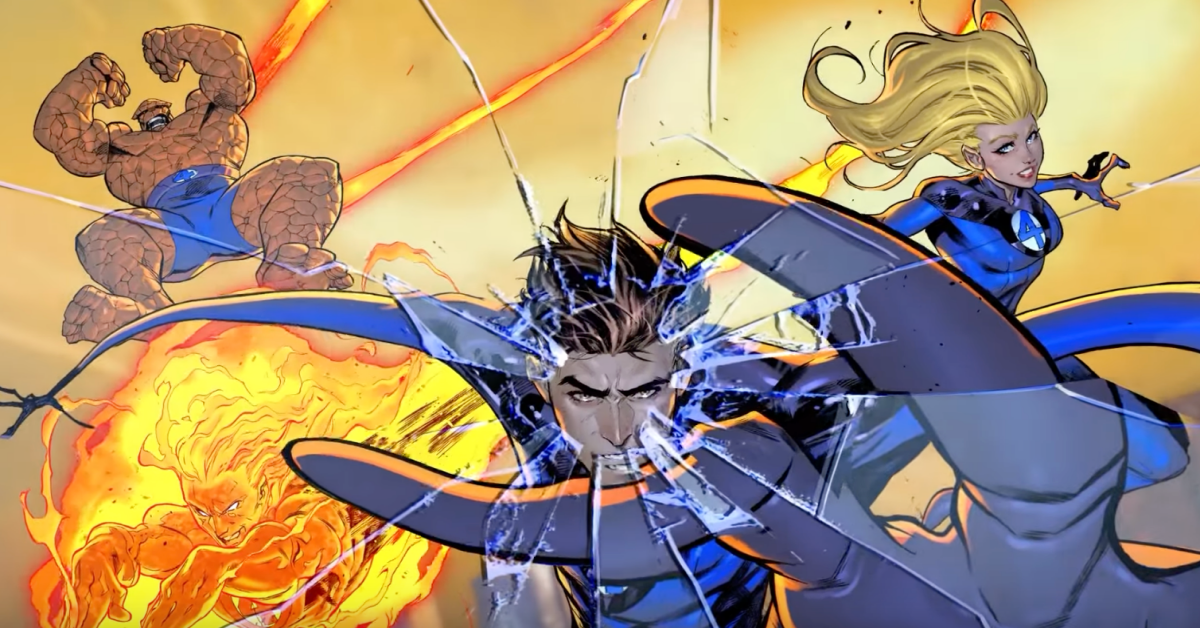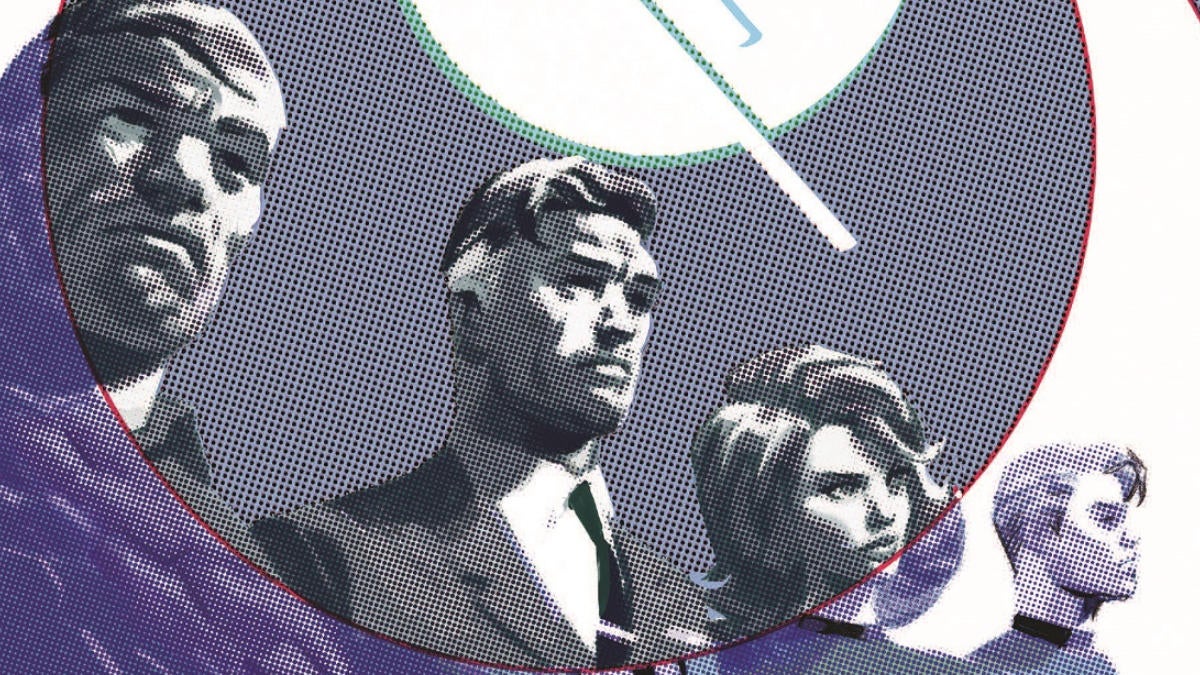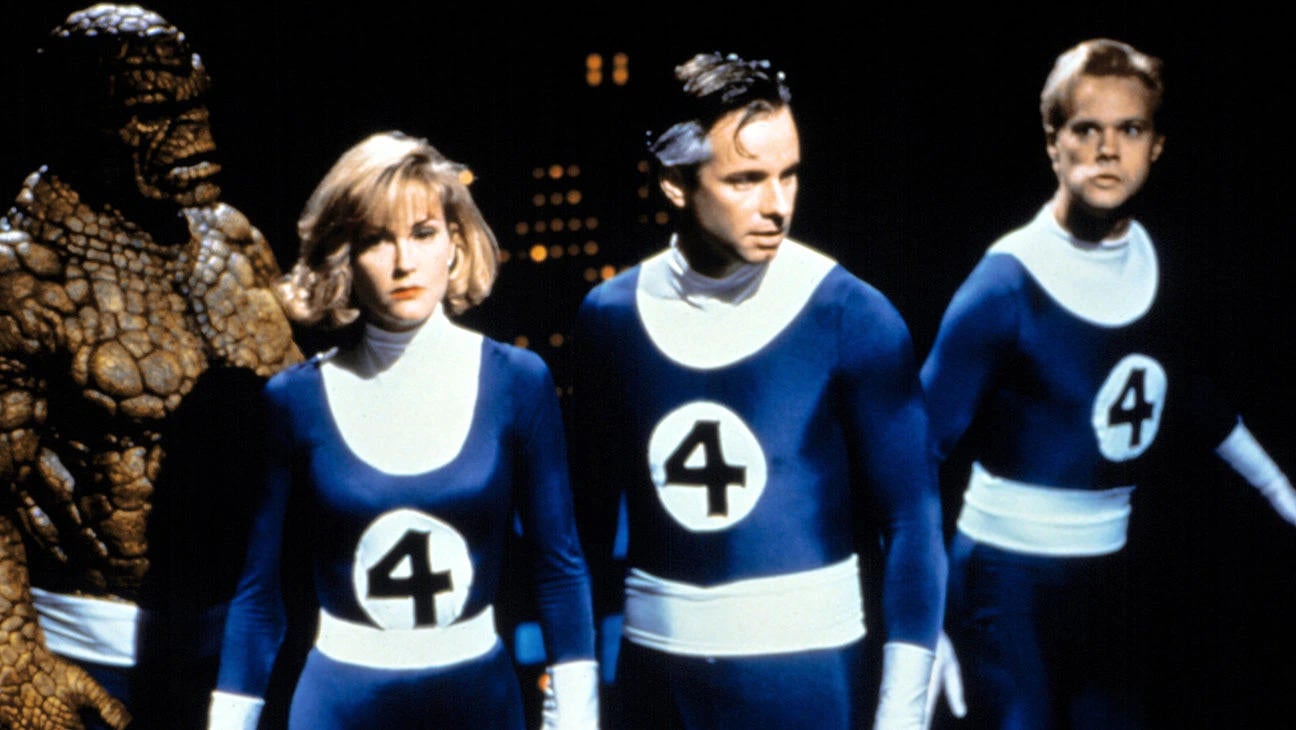
In just under a month, the Fantastic Four will grace our movie screens anew with “The Fantastic Four: First Steps“. This upcoming film is nothing less than revolutionary. Notably, it’s been ten years since we last saw Marvel’s primary family on the big screen – a decade during which Marvel superheroes have ruled the movie industry. However, this film holds a greater significance as it will be the first time the Fantastic Four are officially integrated into the Marvel Cinematic Universe (MCU). Since the launch of the MCU with “Iron Man” in 2008, the absence of the Fantastic Four has been noticeable, particularly since many of the threats and storylines in the MCU originally revolved around the “Baxter Building Quartet” in the comics.
It’s worth noting that the reduced role of the Fantastic Four in the MCU mirrors their diminished presence in the Marvel Comics world, where one might assume Marvel has full creative authority. This reduction seems to be an unfortunate step back for Marvel’s original superhero team, a position they arguably should not have relinquished.
The Fantastic Four – Marvel’s Original “A-Team”

The Fantastic Four could rightfully serve as Marvel’s primary team, being their inaugural superhero squad. Prior to the creation of the Avengers and X-Men by Marvel’s creative minds, the Fantastic Four were already in place – Marvel Comics’ first fully formed superhero team. It’s likely that without the success of the Fantastic Four, the Avengers and X-Men may never have seen the light of day. The Fantastic Four paved the way for many themes, features, and storytelling techniques that ultimately contributed to the overall success of the Avengers, X-Men, and Marvel Comics as a whole. It’s no surprise, then, that they are affectionately known as “Marvel’s First Family.
Initially, the Fantastic Four showed that superhero teams aren’t always picture-perfect unities solely dedicated to vanquishing evil. Instead, the series exposed the fact that heroes safeguarding their cities could harbor significant flaws. The team frequently grappled with personal and interpersonal conflicts that sometimes impaired their ability to perform effectively. This made them seem more authentic than the more pristine and idealized representations of teams like DC’s Justice Society or Justice League. This subtle exploration of team dynamics was later mirrored successfully in Marvel’s other “super groups,” such as the Avengers and the X-Men. The Avengers’ genesis itself illustrates how the troubled team dynamic pioneered by the Fantastic Four could still triumph over its drawbacks to yield heroic outcomes.
A notable difference was that instead of hiding their identities, the Fantastic Four openly took on their roles as public heroes, functioning not just as a group, but as a close-knit family. Although some of these aspects weren’t completely original within the superhero realm, the Fantastic Four infused a uniquely Marvel flavor into them. For example, their regular encounters with other superheroes played a significant part in establishing Marvel’s innovative idea of a connected universe. Furthermore, they introduced some of Marvel’s most famous adversaries, such as Doctor Doom and Galactus. The Fantastic Four also delved into complex scientific topics like the Negative Zone, the Ultimate Nullifier, and cosmic radiation, adding depth to Marvel’s mythos.
The MCU Killed the Comic Book Star

Over time, as Marvel introduced more team titles such as the Avengers, X-Men, and Defenders, these new groups started gaining popularity while the Fantastic Four’s fame began to wane somewhat. This shift was particularly evident during Marvel’s foray into filmmaking.
To begin with, the events unfolded sporadically as Marvel granted different film studios the rights to produce movies based on their top-tier titles like the Fantastic Four. However, Marvel retained the rights for other characters, such as the Avengers. The films produced during this initial phase of Marvel cinema adaptations displayed a significant range in quality and popularity, with the Fantastic Four series frequently criticized as being among the least successful.
Beginning in 1993, Marvel set up its own film production company, Marvel Studios, and started producing movies based on characters they owned or had reacquired rights to, such as Iron Man and Hulk. The release of Iron Man in 2008 signified the start of the Marvel Cinematic Universe (MCU). In 2009, Disney bought Marvel, pouring significant resources into the growth of the MCU, which has since seen unparalleled success. As the popularity of the MCU grew, so did interest in the original comic books that inspired it.
Although that success didn’t translate for the “Fantastic Four,” as their rights weren’t included in Disney’s license, they couldn’t be featured in MCU films. As attention shifted towards more well-liked titles and characters from both creative and fan viewpoints, it became predictable that a series once considered revolutionary like the “Fantastic Four” would lose prominence. Regrettably, just as with their initial movie adaptations, the comic book efforts didn’t manage to rekindle enthusiasm, even when the team was under the guidance of notable creators such as John Byrne, Tom DeFalco, and Jonathan Hickman. Despite this, it was insufficient to prevent many Marvel enthusiasts from dismissing them as one of Marvel’s least memorable groups.
Fantastic Four 2025 – Is it “Cloberrin’ Time” Again?

The much-anticipated debut of these characters in the Marvel Cinematic Universe (MCU) opens up opportunities for engaging storytelling and strengthens the series’ connection to its comic book origins. Since Disney has reacquired the rights, it seems they are preparing this group for a significant presence within the MCU. As there appears to be a trend of ‘superhero fatigue’ with Avengers and X-Men, introducing a new, family-focused superpowered series might just hit the spot at the right time.
If the Fantastic Four movie succeeds in the MCU, it’s likely to resurrect public interest in the team, enhancing the popularity of their comic book series. However, even if the film underperforms, the Fantastic Four will continue to hold a special place as Marvel’s original superhero squad. As Marvel’s pioneering superhero group, they have an impressive history spanning over 700 issues and more than six decades. Their tales offer a unique blend of wonder, intellect, and emotion that no other Marvel team can match or surpass.
Read More
- Best Controller Settings for ARC Raiders
- Stephen Colbert Jokes This Could Be Next Job After Late Show Canceled
- Is XRP ETF the New Stock Market Rockstar? Find Out Why Everyone’s Obsessed!
- 7 Home Alone Moments That Still Make No Sense (And #2 Is a Plot Hole)
- DCU Nightwing Contender Addresses Casting Rumors & Reveals His Other Dream DC Role [Exclusive]
- 10 X-Men Batman Could Beat (Ranked By How Hard It’d Be)
- Embracer Group is Divesting Ownership of Arc Games, Cryptic Studios to Project Golden Arc
- JRR Tolkien Once Confirmed Lord of the Rings’ 2 Best Scenes (& He’s Right)
- 10 Best Hercule Poirot Novels, Ranked
- Ashes of Creation Rogue Guide for Beginners
2025-06-29 20:24